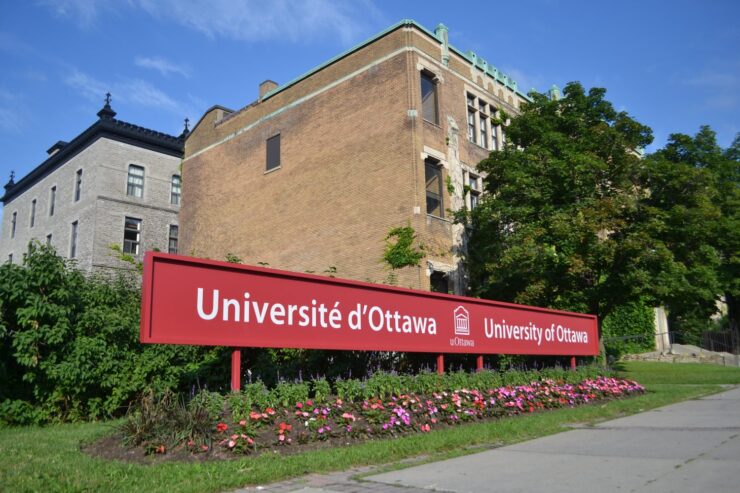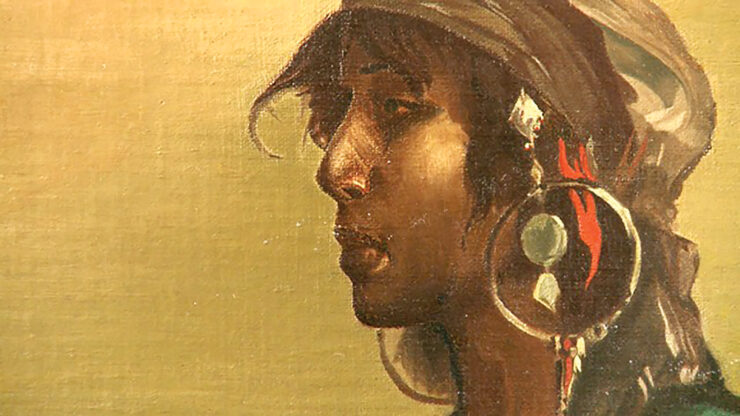CSD’s Disability Justice Week includes showcase of diverse performers
Famous Irish author and playwright Oscar Wilde once said that art is the most intense mode of individualism that the world has known. Patrick Teed is a fourth-year political science and philosophy student at the University of Ottawa and campaigns supervisor at the Student Federation of the University of Ottawa’s Centre for Students with Disabilities (CSD). He echoed Wilde’s sentiments after a night of artistic performances as part of the inaugural Disability Justice Week on March 23.
“Art allows people to tell their own narrative,” he says. It allows each person to narrate their own life outside of what is expected. For people living with disabilities, this can mean narrating their lives outside of the “narrative of medicalization,” or the narrative that focuses on disability rather than other talents and identities a person may have, Teed says.
This power of art is part of the reason why the CSD hosted a Disability Arts Night as part of this year’s Disability Justice Week. The night featured performances from current and former students, as well as other artists visiting the U of O for the event.
“Historically our arts nights have focused on slam poetry, but we wanted to show a broad range of disability art and culture—that disabled people can do more than poetry,” says Teed.
The arts night featured three performances to a tight-knit crowd at the student bar. The first to perform was Dorian, a U of O student, who is involved with both the Pride Centre and the CSD. He performed a piece of musical theatre that started off the night on a high note.
The second performer was former U of O student Lana Kouchair, who is currently studying theatre performance in Toronto. She performed excerpts from a longer piece she is writing involving an exploration of Ukrainian culture, and began her performance with a Ukrainian folk song about mermaids.
The final performer was Brandon Wint, a spoken word poet living in Edmonton. His poems focused on the subject of love, and he talked to the audience specifically about his move to Edmonton from Ottawa to be with his partner.
Although the CSD has hosted arts nights in the past, this was the first year that it was part of the Disability Justice Week and the first time the centre has hosted it. Teed was happy to see many people from the community outside of the university attending events, allowing people to “build an intercommunity network” beyond the campus.
Teed says that some of the participants in the Disability Justice Week commented that it changed the way they think about disabilities. “Disability justice”, although a new term, is a concept that Teed says has been around since “people with disabilities started congregating.”
“It’s a movement beyond disability rights,” Teed says. Although the movement began with infrastructural accessibility, with things like wheelchair ramps and automatic doors, it now stretches to all aspects of society.
Teed says that disability justice is when we as a society acknowledge that “people with disabilities have different experiences outside of being the person using the wheelchair.” Showcasing talents through art is one way to change those perceptions at the U of O.





